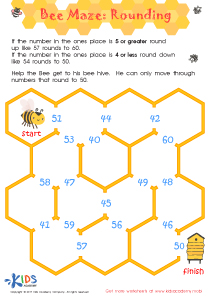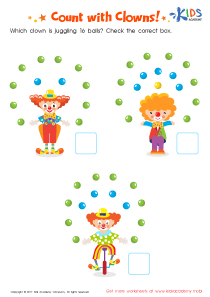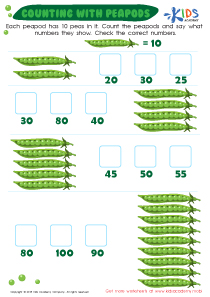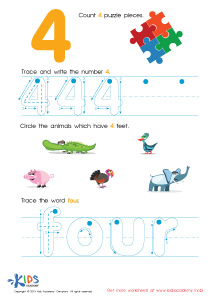Cognitive Development Extra Challenge Numbers 0–10 Worksheets for 5-Year-Olds
3 filtered results
-
From - To
Boost your child's cognitive development with our "Cognitive Development Extra Challenge Numbers 0–10 Worksheets" designed specifically for 5-year-olds. These engaging worksheets make learning numbers fun and challenging, ensuring kids grasp fundamental math skills early on. Each worksheet is carefully crafted to enhance number recognition, counting, and fine motor skills while providing an extra challenge for advanced learners. With vibrant illustrations and diverse exercises, your child will stay motivated and excited to learn. Perfect for at-home practice or supplementary classroom activities, these worksheets are an excellent resource for nurturing your child's math prowess and cognitive growth.
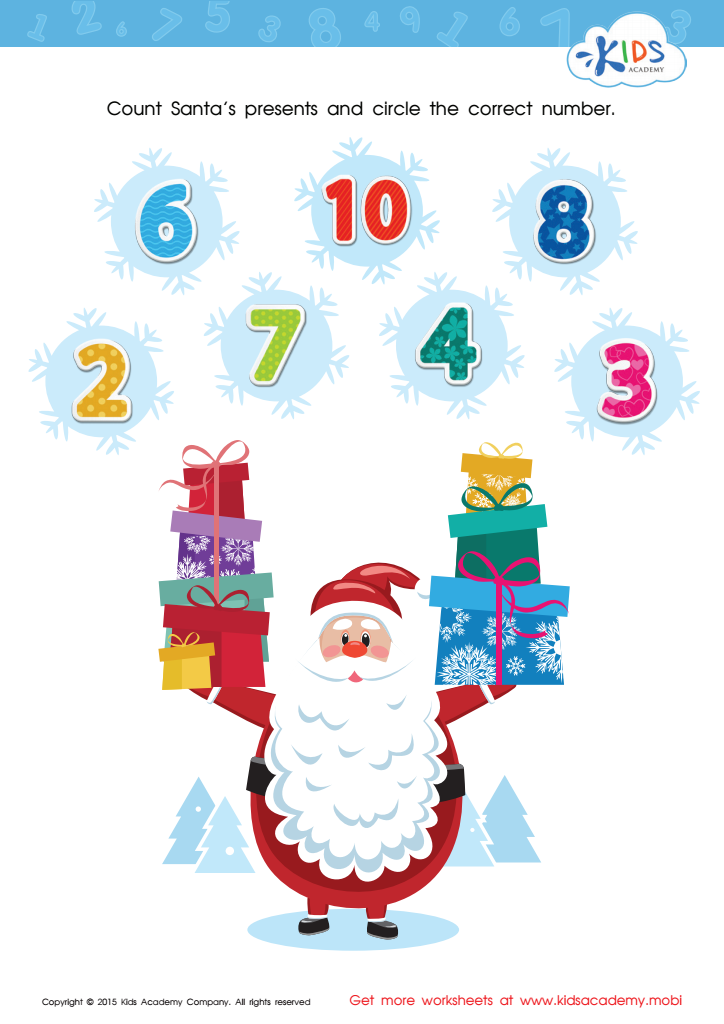

Count Santa's Presents Worksheet
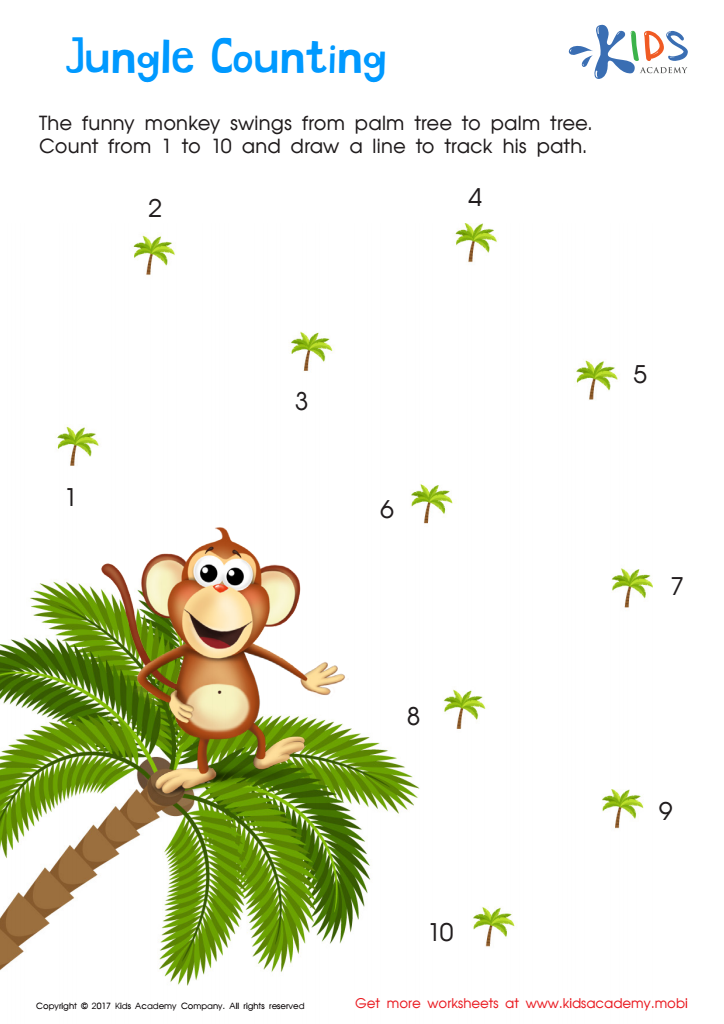

Jungle Counting Connect Dots Worksheet
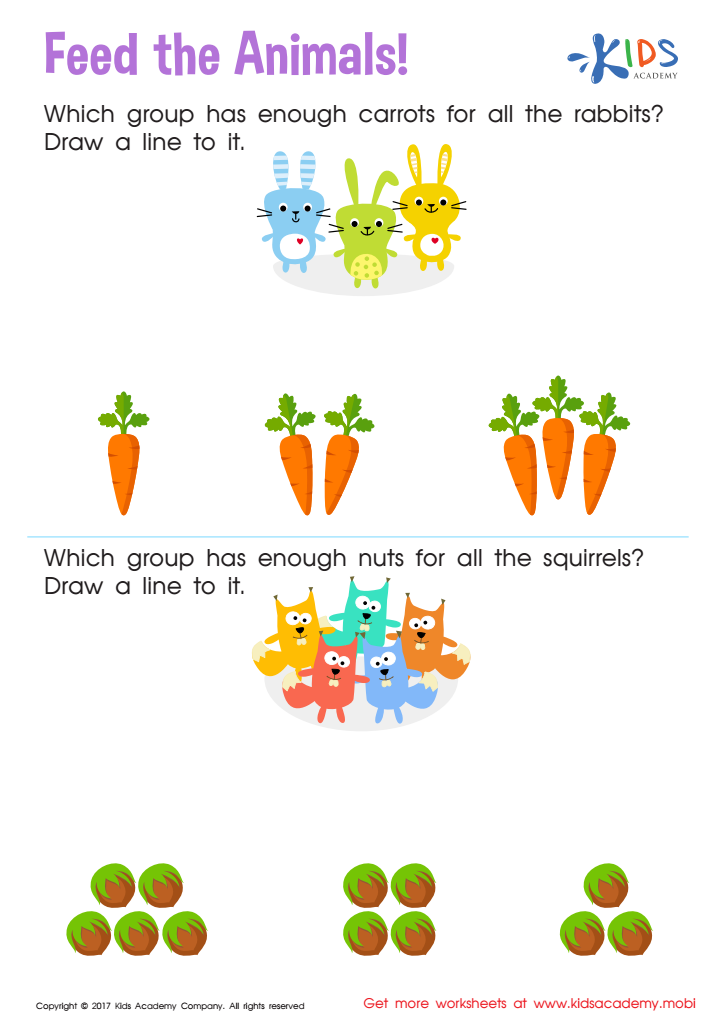

Count and Match: Feed the Animals Worksheet
Cognitive development in early childhood is a crucial foundation for future learning, and integrating an extra challenge with numbers 0–10 for 5-year-olds can significantly benefit this growth. At this age, children's brains are incredibly flexible and predisposed to absorbing new information. Engaging in additional numerical challenges strengthens their understanding of fundamental math concepts, such as counting, recognizing digits, and basic addition and subtraction, which are essential building blocks for more complex math skills later on.
Parents and teachers who emphasize advanced cognitive development exercises in these formative years encourage critical thinking, pattern recognition, and problem-solving. These skills transcend mathematics and are applicable across various areas of learning and everyday life. Early mastery of numbers 0–10 sets a robust precedent for future success in school and boosts a child's confidence in their abilities.
Moreover, educational activities that challenge cognitive development also foster curiosity and a love for learning. They stimulate neural pathways and assist in developing a longer attention span, memory retention, and logical reasoning. Therefore, paying extra attention to cognitive development challenges for 5-year-olds doesn’t just advance their numeracy skills but also contributes significantly to their overall intellectual growth, making them better prepared for future academic and life challenges.
 Assign to My Students
Assign to My Students










